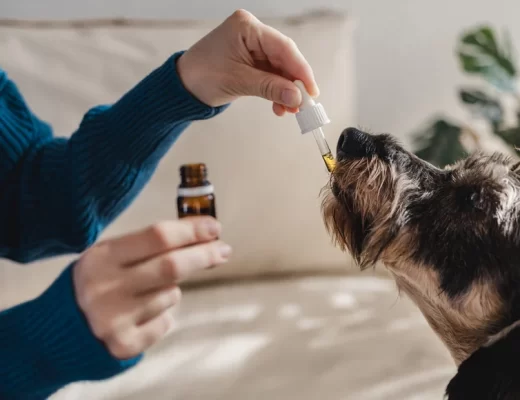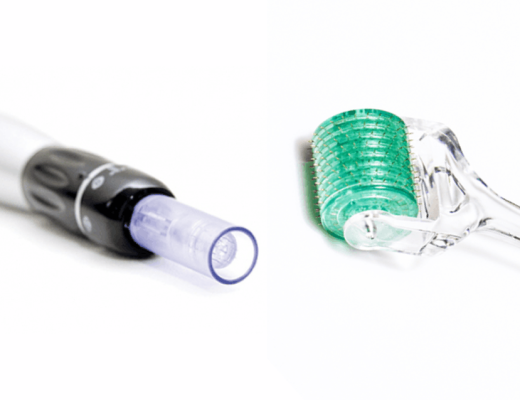Were you aware that your dog can suffer from the same allergies that humans do? More than twenty percent of all dogs actually do have allergies and most are undetected since pet owners are not familiar with the signs. Some of the more popular allergies are food allergies, dermatitis and airborne allergies.
The most common sign that a dog has allergies is itching. Persistent itching will be seen around the butt area. The second most important sign to look out for with dogs is licking between the pads on the paws. Sure, dogs will lick the pads and between the pads however an allergic dog will lick it until it turns red in color. Some dogs will have such as reaction that the skin will be broken from too much licking. Some of the other minor signs are coughing, sneezing, wheezing, and mucus discharge for skin allergies. Persistent itching all around the body and pigment discoloration will be seen for skin allergies. As for food allergies a pet owner will signs of nausea, lethargy, vomiting, and diarrhea (without blood).
Many pet owners see these signs in dogs however try to take home ailments and use on the dog to make it cheaper. These home ailments that have been passed down from other family members or friends, or even the store bought products on the market today are not worth the money. In fact, many dogs will have another allergy to the allergy medications that are even sold in reputable pet stores causing more damage to the pet’s health. Please never purchase medicine or try human medicine on any animal. The best solution if you feel your dog has an allergy is to make an appointment with a veterinarian to find out what is going on with the pet. Since pets can not talk, some pet owners think a pet has allergies however it turns out to be something more serious. Therefore, just save your time and money and seek professional help and get the issues solved fast. [google_bot_show][/google_bot_show]Why not look here or at some of the reliable and helpful sources that provide tips, strategies and techniques on how you can properly take good care of your pet. Educating yourself about the health and safety is one of your major responsibilities as a pet owner.
During your visit with the veterinarian, please be sure to take as much information as possible to help the veterinarian out with the diagnosis. For example, try to chart when a pet is itching: is it all the time or after a certain activity has been completed. Also, if you are visiting a new veterinarian, take all previous vaccination and history records to the new office. A veterinarian will also ask the quantities of food and what brand name food you are giving to the pet. It is important to take this information along with you; it just takes a moment to write it down before you leave. A lot of pet owners can not remember the name and daily serving that the dog has been given once in the office. Therefore, since veterinary offices are very stressful, it is just easier to take all information along with you for a more efficient visit.
After the problem has been diagnosis, special diets may be suggested or tests may be taken to help assist the veterinarian narrow down the allergy. For minor cases, maybe a small dose of over the counter baby medicine will be requested each day or for more major cases prescription drugs will be provided to cure the issue at hand. It is important though to watch for signs and make an appointment as soon as the issue starts. If an appointment is not available right away, please never use an over the counter medicine or cream that humans or other animals have used. Just slightly wash the area gently with water while waiting for the appointment. Waiting and patience is just the key.






